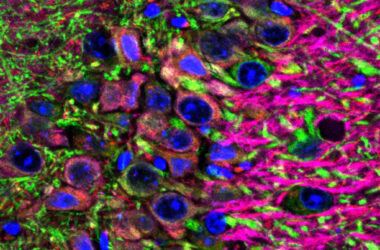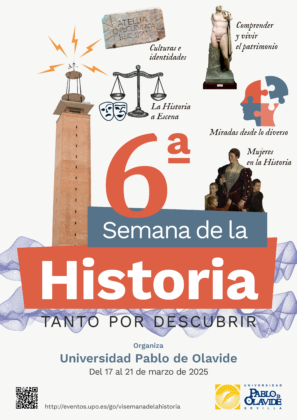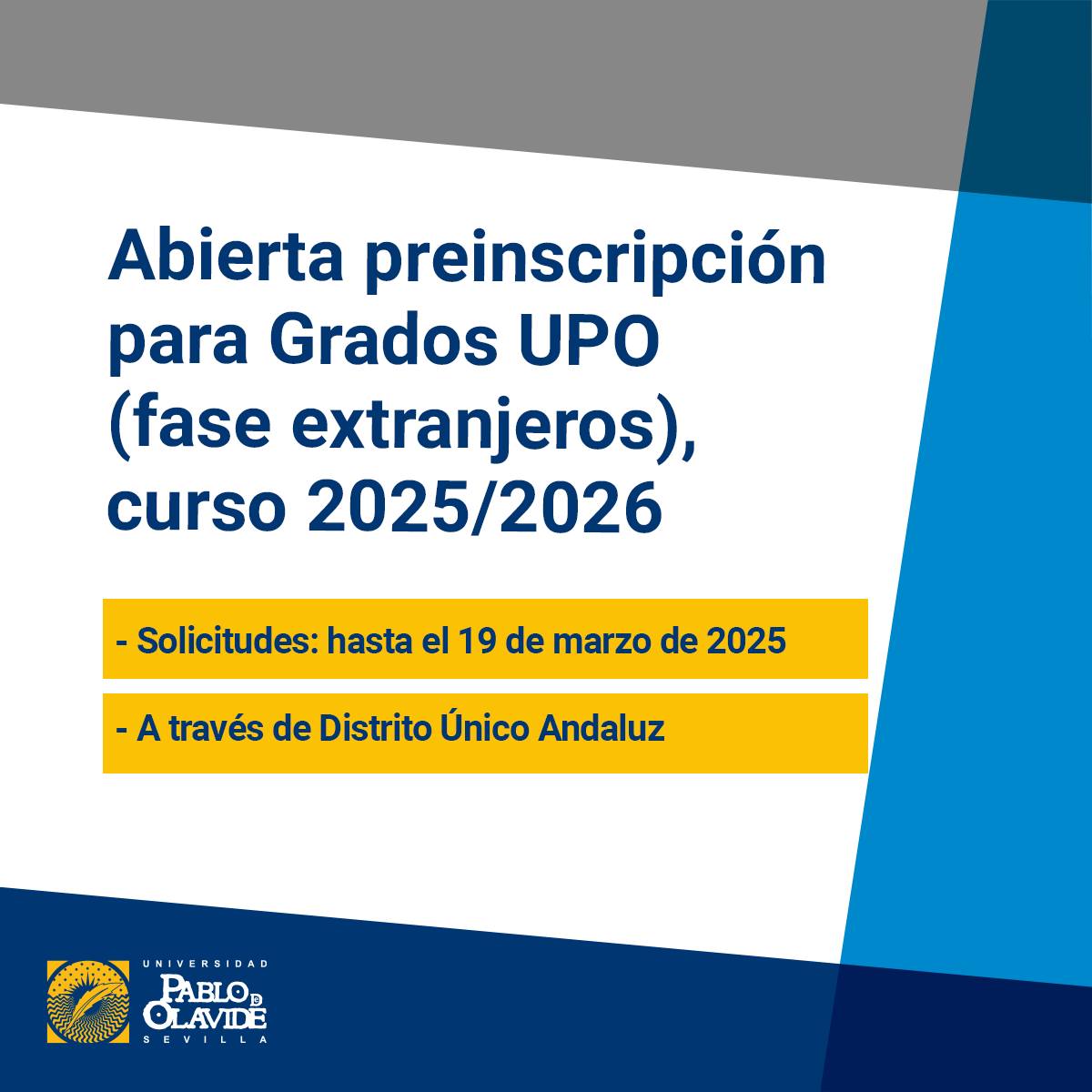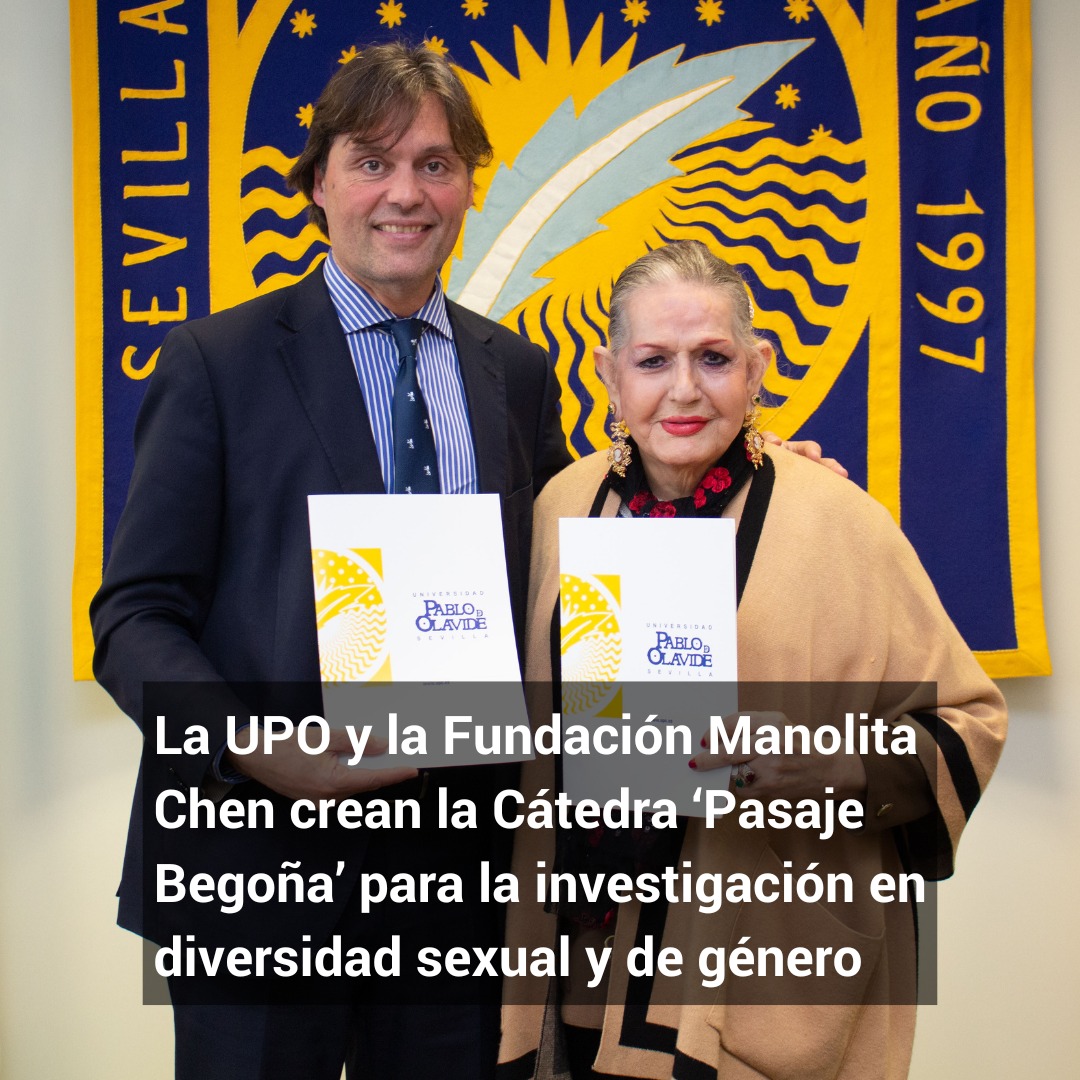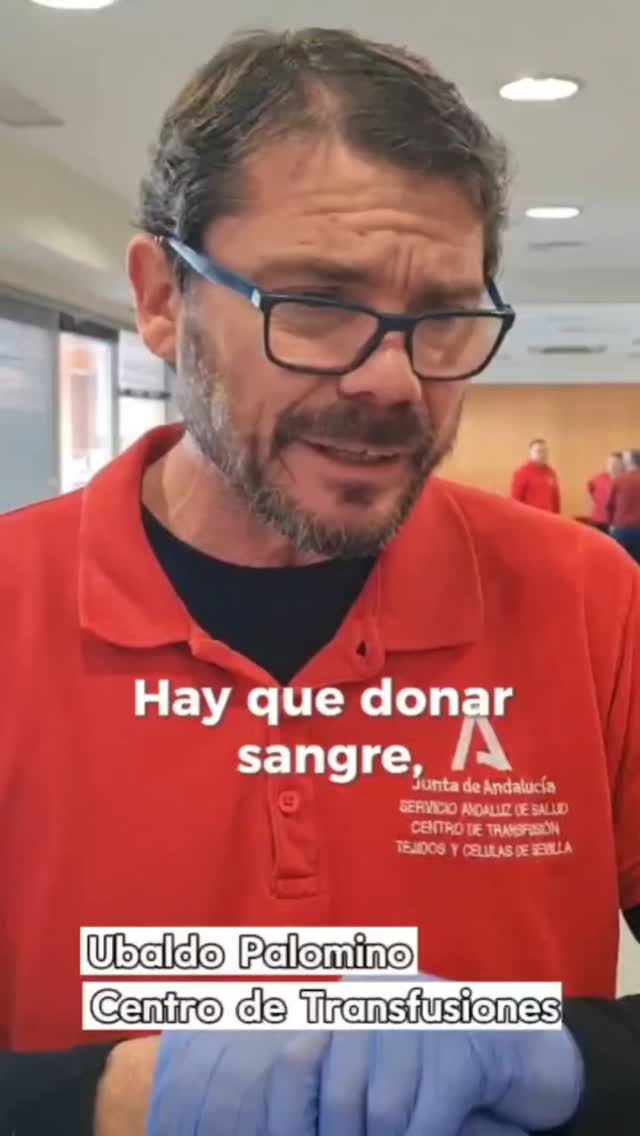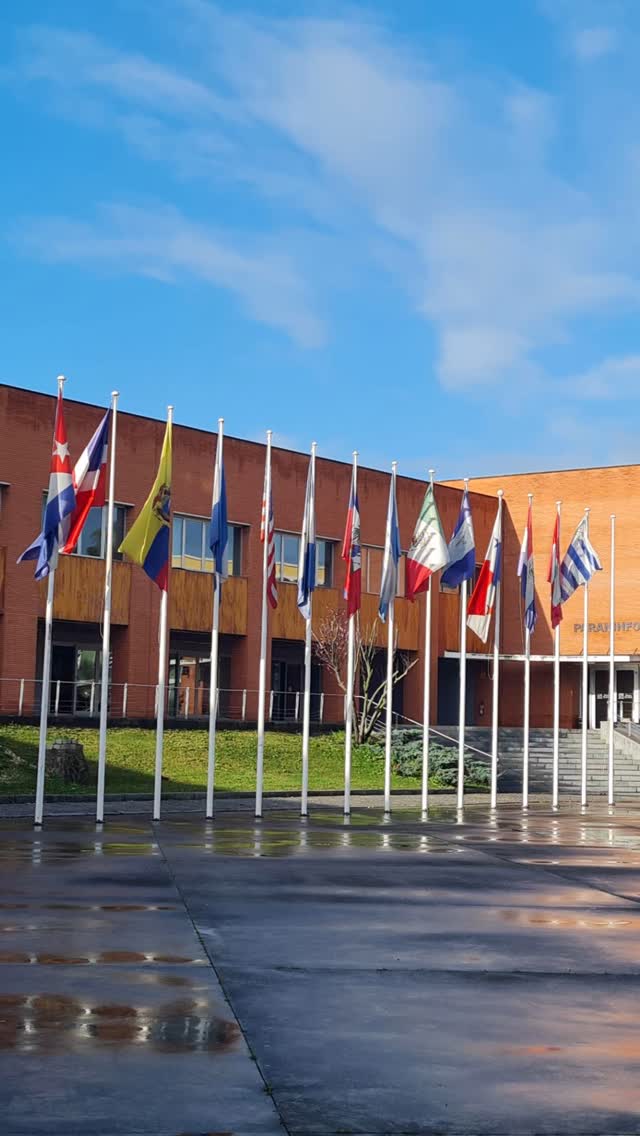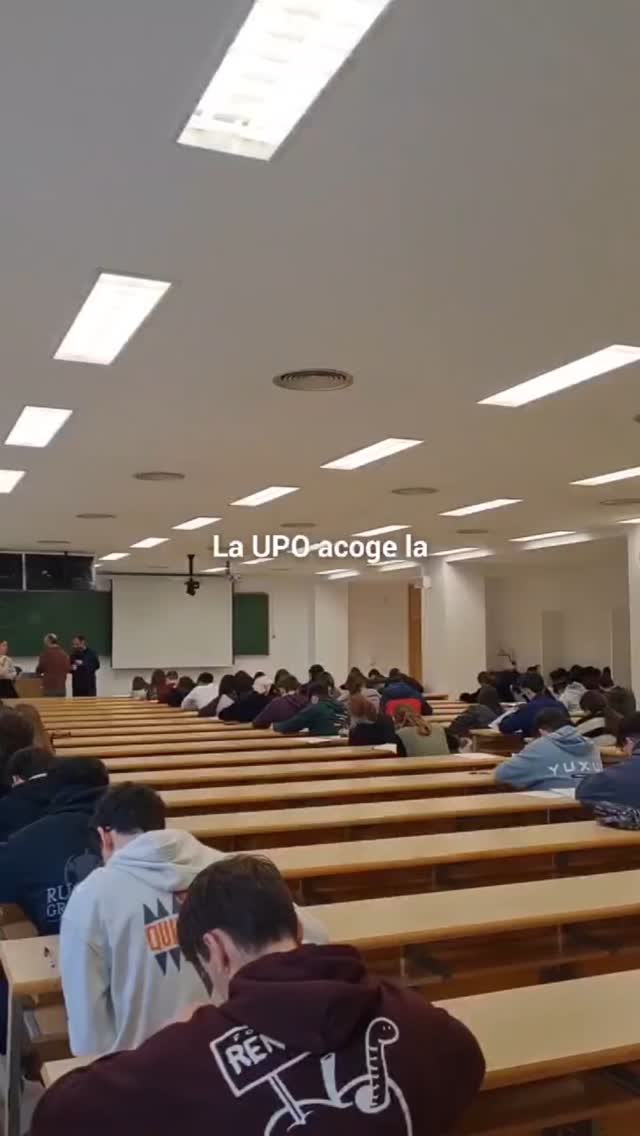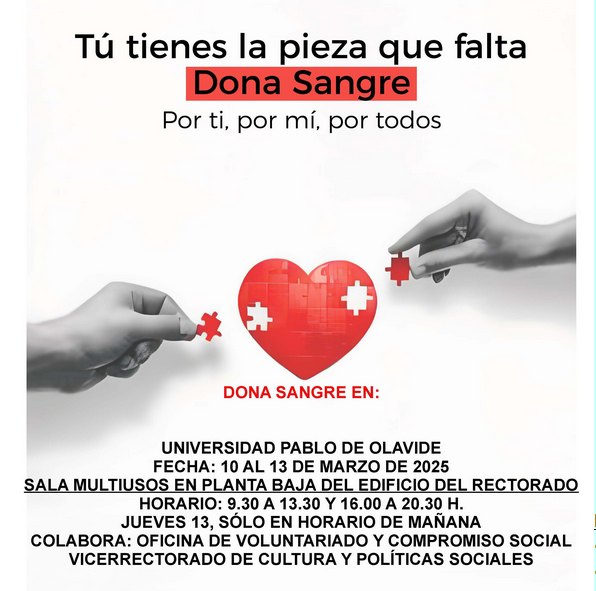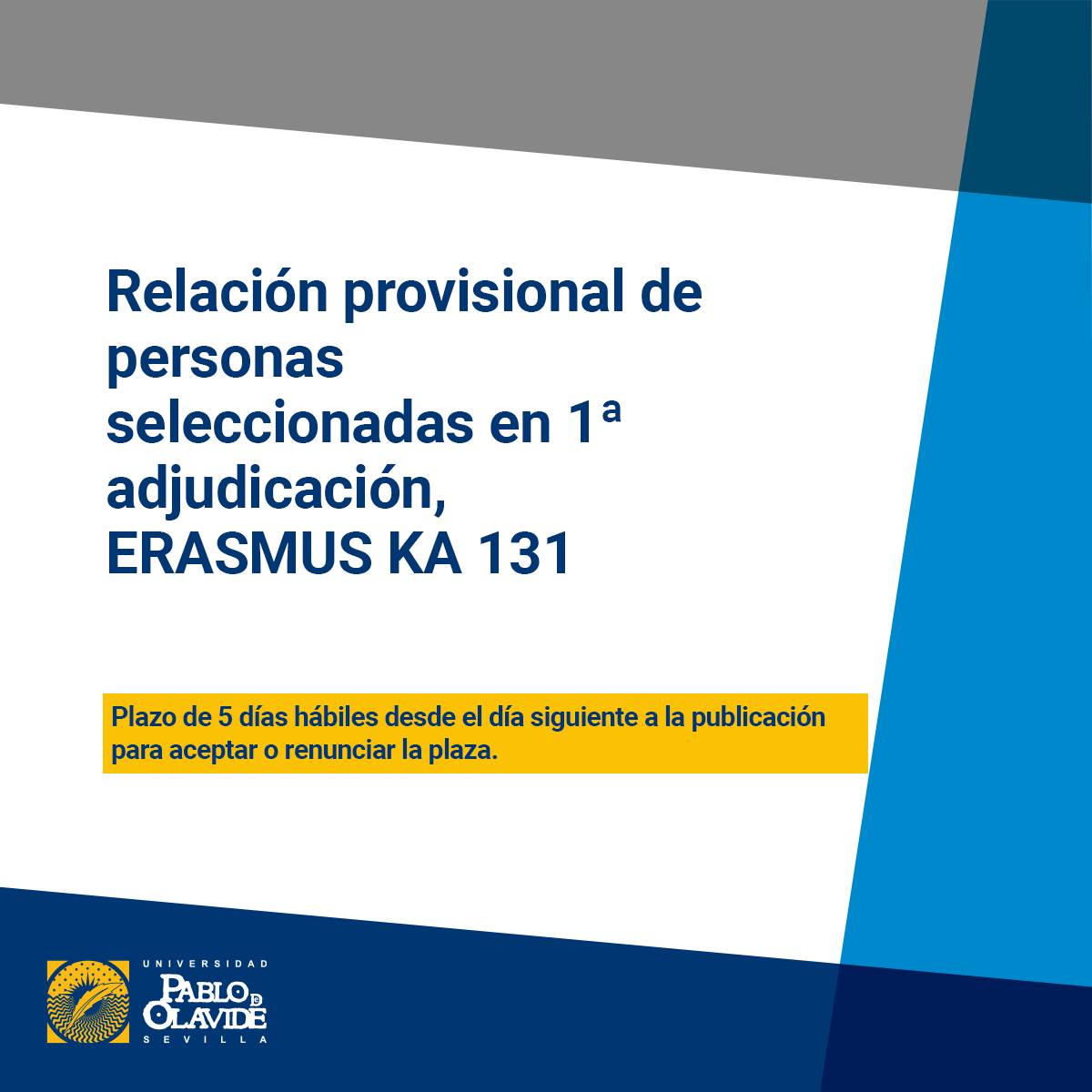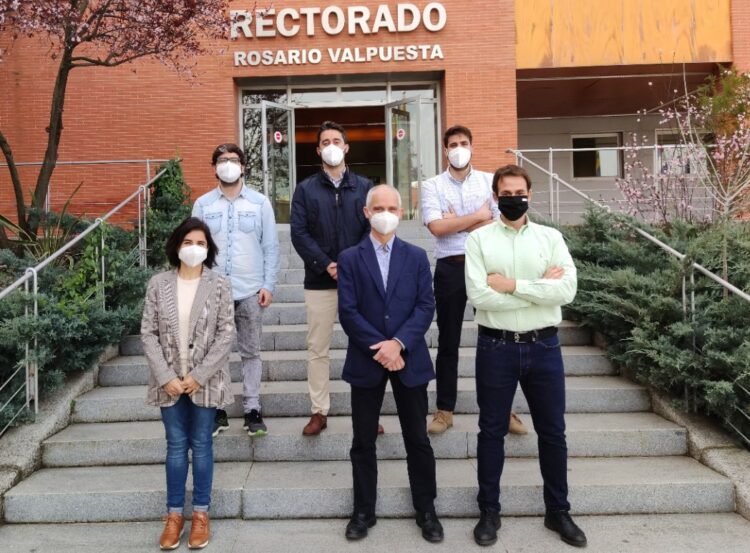
The research group Data Science & Big Data Lab from the Universidad Pablo de Olavide is designing a software for the automated detection of defects on airport runways. This tool will be used as part of a comprehensive solution called ‘Airport Pavement Inspection by Aerial Robotic System’, property of Soologic Technological Solutions S.L, a company with a vast experience in this sector.
This system, which is based on the detection and classification of defects produced on the road surface of airports, employs an aerial robotic system designed for this specific task and equipped with a high resolution camera, automated flight systems and an artificial lighting system for nighttime flights. This drone has been designed, developed and built by the company Flying Robotic Solutions S.L.
‘The aerial robot flies over the areas where a defect could lead to safety problems during takeoffs or landings. Afterwards, the images are processed by a unit that incorporates artificial intelligence and that identifies the areas that have any defects’ clarifies Francisco Martínez Álvarez, professor in the Higher Polytechnic School at the UPO and main researcher for the project.
The essential techniques used in the unit are deep learning and transfer learning. The deep learning algorithm learns from previously classified images and, after receiving a new image, it is able to accurately determine which type of defect it is by comparing it with the others. Occasionally, the algorithm does not have enough images to use for learning, due to the fact that flight duration within an airport is limited because of the heavy traffic. That is why this research group has decided to incorporate other images sources to feed the system and allow it to learn by other means, a method known as transfer learning.
One of the main benefits of using these techniques is the possibility of conducting inspection flights at any time, day or night, which does not require an operator to go through the runways and which avoids safety problems derived from the inspections. Another benefit is the possibility of having a system that is able to classify with high accuracy and that improves its efficiency as images are taken.
In addition, another undeniable advantage of this project is the computerisation that is connected to the process, since, as a final result, the specific road surface can be viewed together with the areas that need to be taken into account.
The research group Data Science & Big Data Lab has a vast experience regarding projects and publications related to machine learning. In addition to the main researcher mentioned above, Alicia Troncoso Lora, Federico Divina, Miguel García Torres, Gualberto Asencio Cortés, David Gutiérrez Avilés, José F. Torres Maldonado, Manuel Jesús Jiménez Navarro and Laura Melgar García also participate in this project.
The contract between the UPO and Soologic Technological Solutions S.L was signed pursuant to the article 83 of the Spanish Law on Universities (Ley Orgánica de Universidades or LOU), arranged by the Research Results Transfer Office (OTRI, by its Spanish initials) of the Universidad Pablo de Olavide. According to this article, the research groups recognised by the university, the departments and its faculty are authorised to conclude contracts with individuals, universities or public and private institutions to carry out projects of scientific, technical or artistic nature and to develop specialised teachings or specific activities for academic training.

